Accordingly, teachers are ranked at the highest salary level in the administrative career salary scale system. They also receive preferential allowances and other allowances depending on the nature of the job and regional conditions, according to the law.
Those eligible for higher salary and allowance policies include: preschool teachers; working in ethnic minority, mountainous, border, and island areas; areas with especially difficult conditions; teaching at specialized schools; implementing inclusive education ; or teaching in certain specific industries and occupations.
Teachers working in industries and professions with special regimes will enjoy the highest level of the applicable policies, if the regimes overlap.
Explaining to the National Assembly, Chairman of the Committee on Culture and Society Nguyen Dac Vinh said that the regulation of the highest salary and allowance for teachers is to institutionalize the Party's policy on teachers. He emphasized that this is not contrary to the spirit of salary policy reform. For teachers working in the non-public sector, salary payment is implemented according to the principle of agreement, based on labor law.
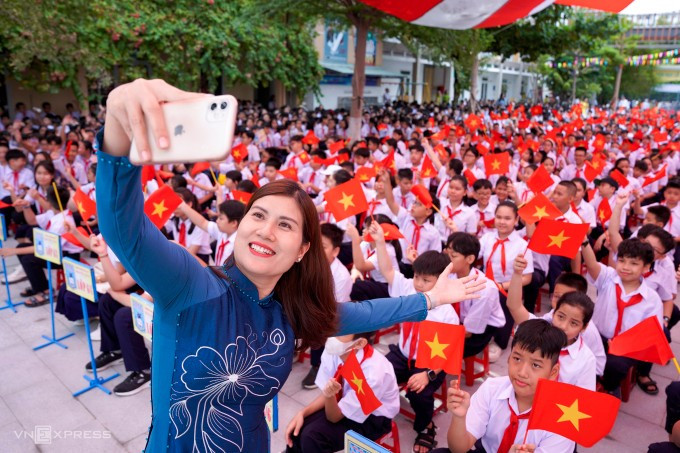
The Law also clearly stipulates the system of policies to support teachers, including: subsidies based on the nature of work and location; training and development support; periodic health care and occupational health; mobility allowances for teachers working on literacy, universal education, secondment, intensive teaching, inter-school teaching, teaching at remote schools...
For teachers working in mountainous, border, island areas, areas with special socio-economic difficulties, or teaching in specialized schools, inclusive education, teaching ethnic minority languages, enhancing Vietnamese, gifted and artistic... if they have not been arranged public housing or collective accommodation, they will be supported with housing rent at an equivalent level. In addition, they are supported with travel expenses and payment of train and bus fares when working in difficult areas.
The law supplements a group of policies to attract and promote teachers, for those with high qualifications, special talents, those working in disadvantaged areas or participating in teaching and research in key fields. These policies include priority in recruitment and reception; salary and allowance support; training, planning, appointment; working conditions and equipment; welfare and other support according to the law.
The law also specifically stipulates acts that teachers are not allowed to do (Article 11), such as: discriminating between students; cheating in admissions and assessments; forcing extra classes or collecting illegal fees; taking advantage of the teacher's title to violate the law. Mr. Nguyen Dac Vinh said that the law does not prohibit extra classes, but strictly prohibits forcing students to take extra classes - a point aimed at overcoming the current widespread situation of extra classes.
The education sector is empowered to proactively recruit teachers.
One of the important points of the Law on Teachers is to give the education sector the initiative in recruiting teachers. The Minister of Education and Training will regulate the recruitment of preschool and general education teachers.
In public vocational training institutions and public higher education institutions, the head of the educational institution is assigned the authority to directly recruit teachers. For non-public educational institutions, the authority to recruit belongs to the head of the institution, based on the regulations on organization and operation of that unit.
In schools of the People's Armed Forces, the recruitment of teachers is regulated by the Minister of National Defense or the Minister of Public Security. For other types of educational institutions, the recruitment authority is implemented according to the regulations of the Minister of Education and Training.
According to Mr. Nguyen Dac Vinh, teachers in public educational institutions are civil servants, so recruitment must comply with the provisions of the law on civil servants. However, the draft Law also adds some specific requirements in teacher recruitment, such as recruitment content based on professional standards, recruitment methods must include pedagogical practice content...
The Law on Teachers will take effect from January 1, 2026.
Source: https://baohatinh.vn/nha-giao-duoc-xep-luong-cao-nhat-trong-he-thong-thang-bac-luong-hanh-chinh-su-nghiep-post289948.html


![[Photo] Opening of the World Cultural Festival in Hanoi](https://vphoto.vietnam.vn/thumb/1200x675/vietnam/resource/IMAGE/2025/10/10/1760113426728_ndo_br_lehoi-khaimac-jpg.webp)


![[Photo] Unique Phu Gia horse hat weaving craft](https://vphoto.vietnam.vn/thumb/1200x675/vietnam/resource/IMAGE/2025/10/10/1760084018320_ndo_br_01-jpg.webp)
![[Photo] Ho Chi Minh City is brilliant with flags and flowers on the eve of the 1st Party Congress, term 2025-2030](https://vphoto.vietnam.vn/thumb/1200x675/vietnam/resource/IMAGE/2025/10/10/1760102923219_ndo_br_thiet-ke-chua-co-ten-43-png.webp)

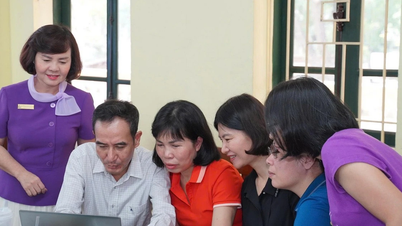

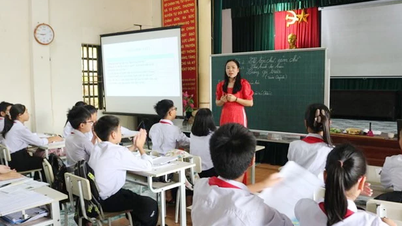

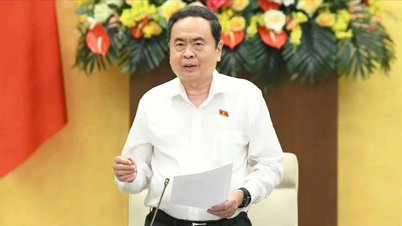



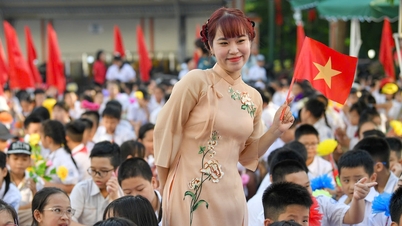

















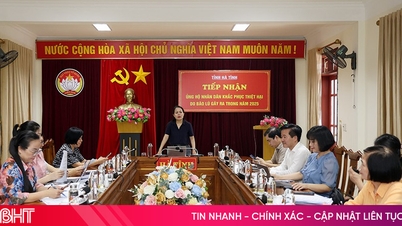
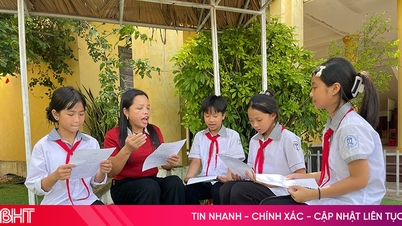
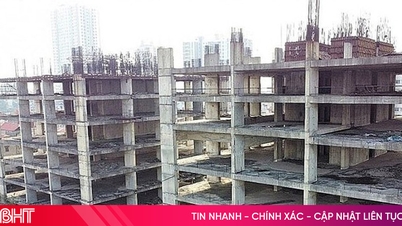




















































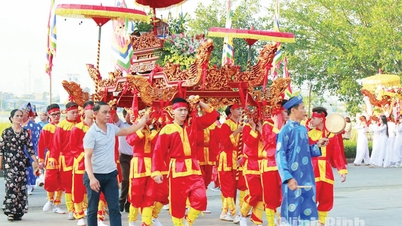

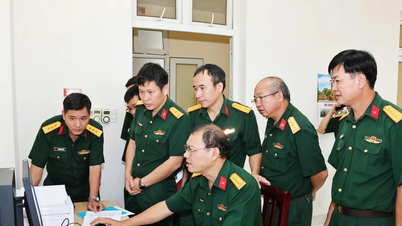
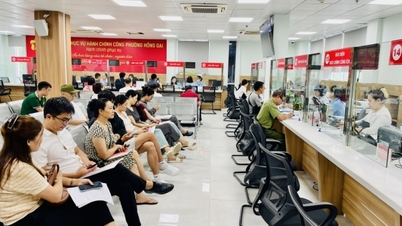















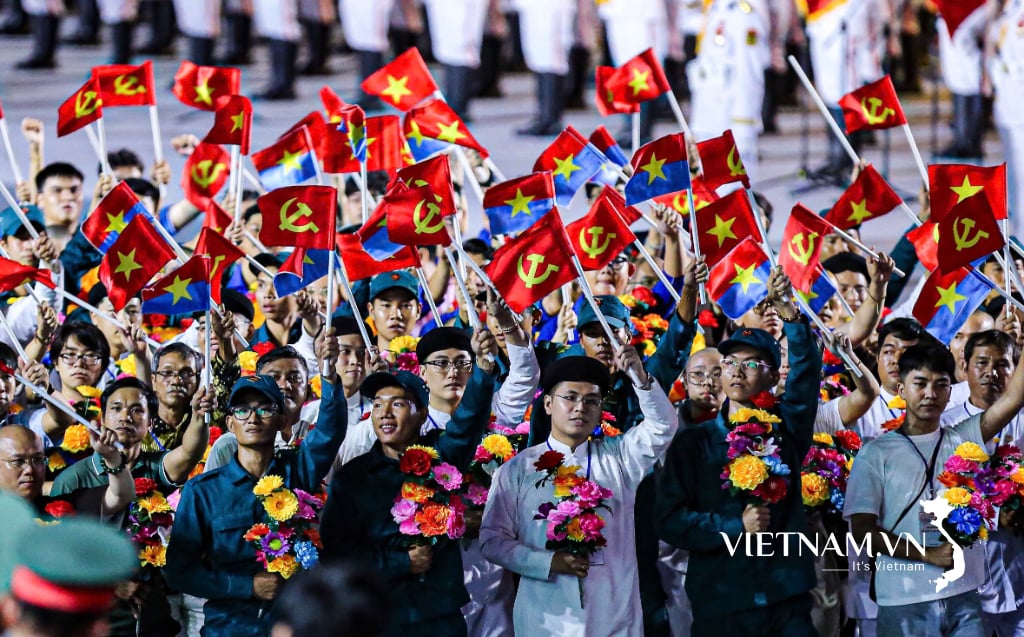
Comment (0)